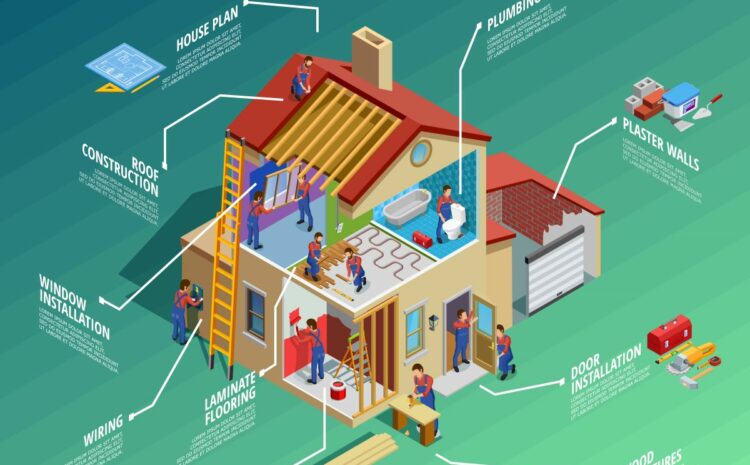
The Essential Guide to Construction Project Management: Effective Supervision at the Construction Site
Recent Posts
Table of Content
- The Essential Guide to Construction Project Management: Effective Supervision at the Construction Site
- 1. How to prepare for the construction process?
- 2. How to choose the right contractor and team?
- 3. How to monitor and control the construction progress?
- 4. How to handle changes and issues during the construction process?
- 5. How to close out the construction project?
- Conclusion
- Frequently Asked Questions
- Q: What is construction project management?
- Q: What is the role of a construction project manager?
- Q: How do I initiate a construction project?
- Q: What are the stages of construction project management?
- Q: What is construction project management software?
- Q: How does construction project management software benefit construction firms?
- Q: What is a construction plan?
- Q: What is construction supervision?
- Q: What are the key qualities of an effective construction project manager?
- Q: What is the importance of supervision in construction project management?
- Q: How can I ensure successful construction project management?
- Transform Your Dream House with the Best Architect Company in Lutyen’s Bunglow Zone New Delhi
- Unveiling Modern Luxury House Construction Design in Lutyens Bunglow Zone
- Your Ultimate Dream Luxury House Construction in Lutyens Bungalow Zone
- 7 Steps to Successful DREAM HOME CONSTRUCTION in India
- Elevate Your Farmhouse with best construction company in Naugaon (Rajasthan)
The Essential Guide to Construction Project Management: Effective Supervision at the Construction Site
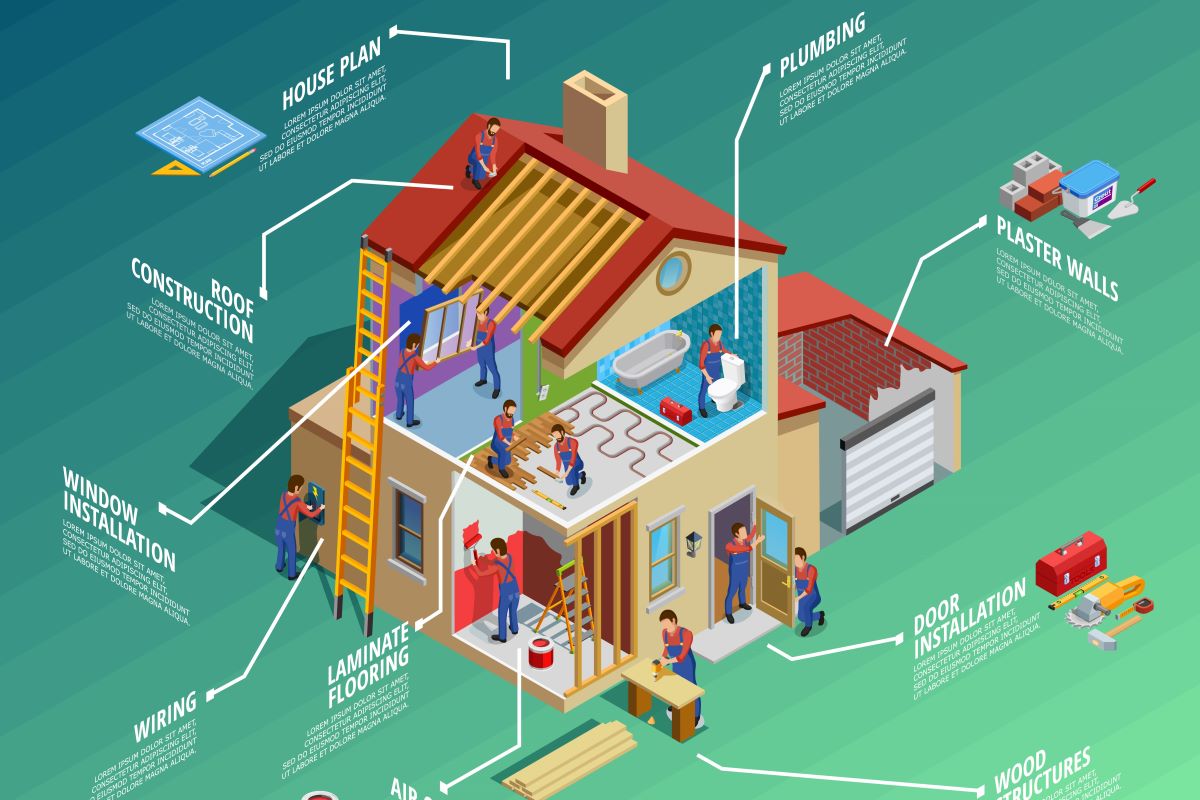
Building a new house is an exciting and rewarding project, but it also comes with many challenges and risks. You need to plan, budget, design, hire, supervise, and coordinate various aspects of the construction process, from the foundation to the finishing touches. You also need to avoid common pitfalls that can cause delays, cost overruns, quality issues, and legal disputes.
In this blog post, we will guide you through the steps of coordinating and supervising the construction process of a new house in India. We will also share some tips and best practices to help you avoid common pitfalls and ensure a smooth and successful project. Here is what we will cover:
- How to prepare for the construction process?
- How to choose the right contractor and team?
- How to monitor and control the construction progress?
- How to handle changes and issues during the construction process?
- How to close out the construction project?
1. How to prepare for the construction process?
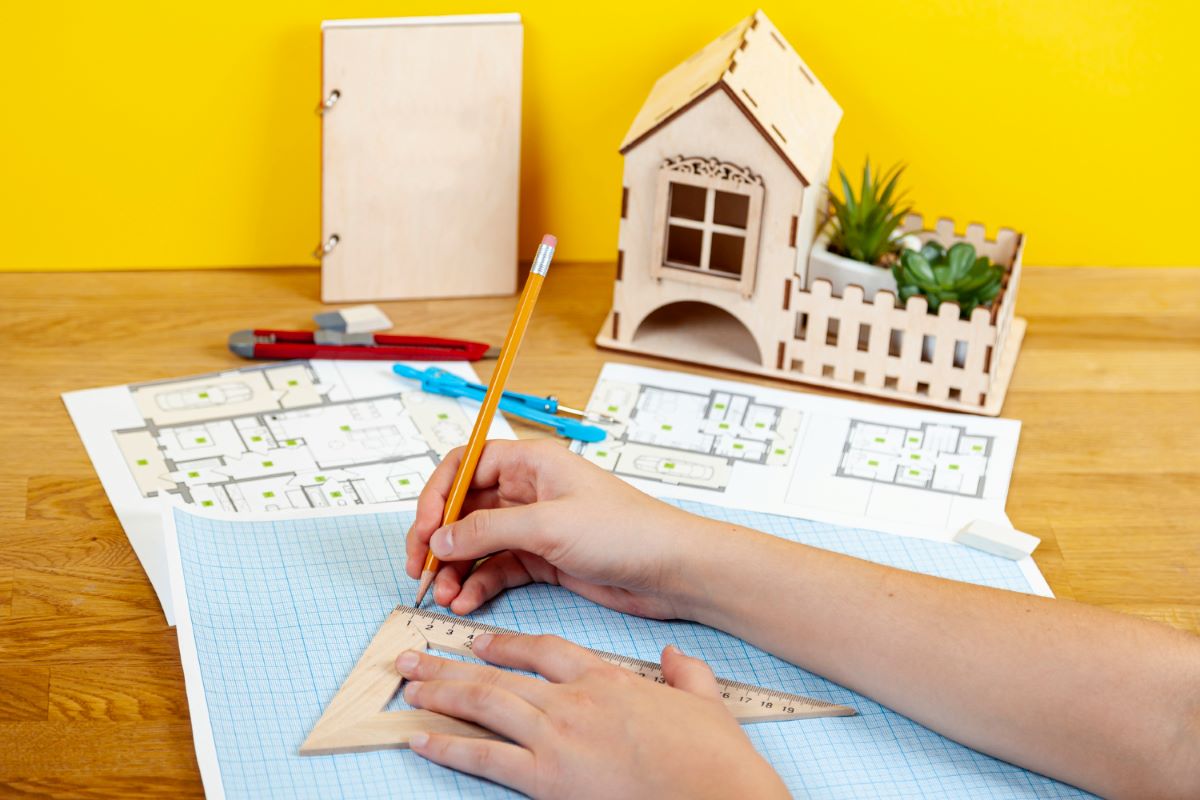
Before you start the construction process, you need to do some homework and prepare yourself for the project. Here are some things you need to do:
Define your goals and requirements: What is the purpose of your new house? What are your needs and preferences? How big do you want it to be? What style and features do you want? How much can you afford to spend? These are some of the questions you need to answer before you start designing your new house. You can also create a wish list or a mood board to visualize your ideas.
- Do your research: You need to research the market trends, the legal regulations, the environmental factors, and the available resources for your project. You also need to research the potential contractors, suppliers, and consultants that you will work with. You can use online platforms like Houzz or HomeLane to find inspiration, reviews, and ratings for various professionals and products.
- Get professional advice: Unless you are an experienced builder yourself, you will need professional advice from architects, engineers, designers, lawyers, accountants, and other experts. They can help you with the technical, legal, financial, and aesthetic aspects of your project. They can also help you obtain the necessary permits, approvals, and clearances from the authorities.
- Create a detailed plan: Once you have a clear idea of what you want and how much it will cost, you need to create a detailed plan for your project. This includes a design plan, a budget plan, a schedule plan, a quality plan, a risk management plan, and a communication plan. These plans will help you define the scope, objectives, deliverables, milestones, roles, responsibilities, standards, expectations, and contingencies for your project.
2. How to choose the right contractor and team?

One of the most important decisions you will make for your project is choosing the right contractor and team. The contractor is the person or company that will execute your project according to your plans and specifications. The team consists of the subcontractors, workers, suppliers, and consultants that will work under the contractor’s supervision.
Choosing the right contractor and team can make or break your project. Here are some tips on how to choose them:
- Ask for referrals: The best way to find a reliable contractor is to ask for referrals from people you trust who have done similar projects before. You can also check online platforms like Urban Company or Housejoy that connect homeowners with verified contractors.
- Check credentials: You need to check the credentials of the contractor and team before hiring them. This includes their licenses, registrations, certifications, insurances, portfolios, references, testimonials, and awards. You can also visit their previous or ongoing projects to see their work quality and performance.
- Compare bids: You need to get at least three bids from different contractors for your project. The bids should include a detailed breakdown of the scope of work, the materials and equipment used, the labor costs, the overheads, the taxes, the warranties, and the payment terms. You should compare the bids not only based on price but also on value, quality, and reputation.
- Negotiate contracts: Once you have selected your contractor and team, you need to negotiate contracts with them. The contracts should include all the details of the project, such as the scope of work, the schedule, the budget, the quality standards, the change orders, the dispute resolution mechanisms, and the termination clauses. You should also include clauses that protect your rights and interests, such as the retention money, the performance bond, the liquidated damages, and the arbitration clause.
3. How to monitor and control the construction progress?
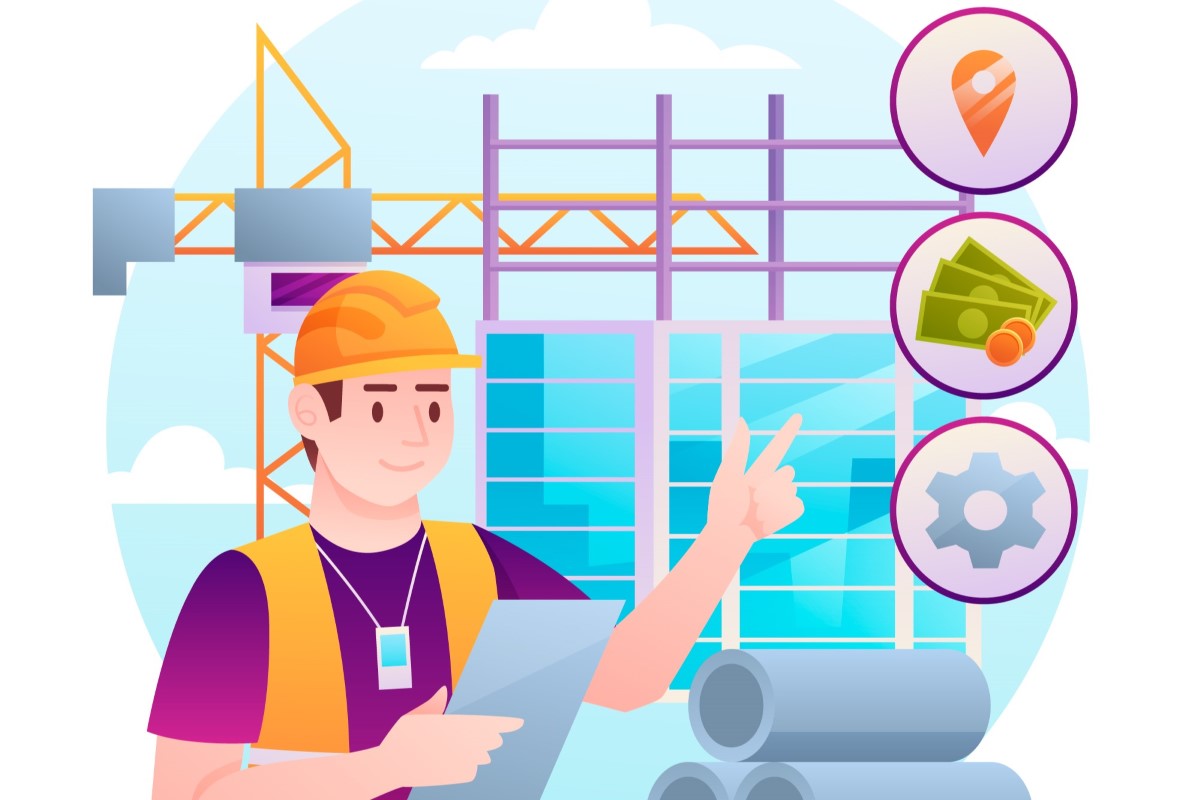
Once you have started the construction process, you need to monitor and control the progress of your project. This means that you need to track the performance, the costs, the quality, and the risks of your project and take corrective actions if there are any deviations or issues. Here are some ways to monitor and control the construction progress:
- Conduct regular site visits: You need to visit the site regularly to inspect the work done, verify the materials and equipment used, and communicate with the contractor and team. You should also take photos and videos of the site to document the progress and record any problems or defects.
- Review reports and invoices: You need to review the reports and invoices that the contractor and team submit to you. The reports should include the status of the work done, the materials and equipment used, the labor hours spent, the quality tests performed, and the issues encountered. The invoices should include the actual costs incurred, the payments made, and the balance due.
- Use software tools: You can use software tools like Buildertrend or Procore to monitor and control your project online. These tools allow you to access real-time data, collaborate with your contractor and team, manage change orders, approve invoices, and generate reports.
- Hire a supervisor: You can also hire a supervisor or a project manager to monitor and control your project on your behalf. The supervisor or project manager is an independent professional who acts as your representative and liaison with the contractor and team. They can oversee the work quality, resolve issues, enforce contracts, and report to you.
4. How to handle changes and issues during the construction process?
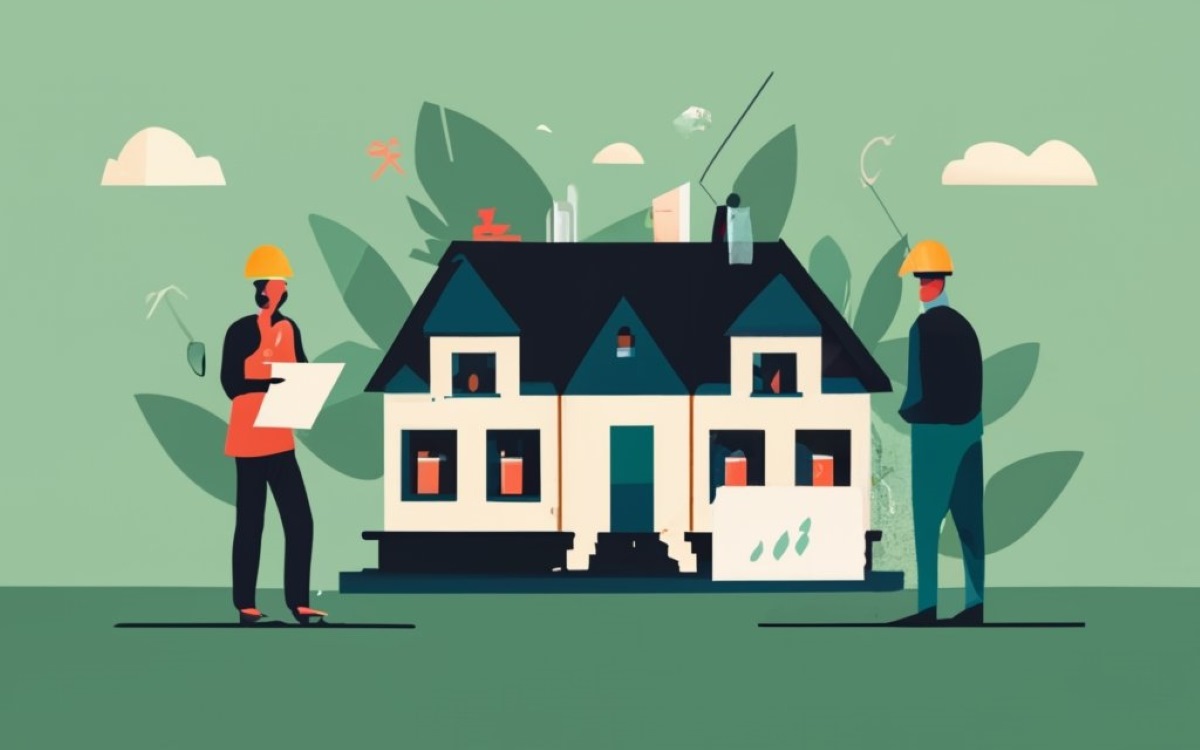
No matter how well you plan your project, you will likely encounter changes and issues during the construction process. These can be caused by various factors, such as design errors, material shortages, weather delays, labor disputes, or client requests. These can affect the scope, the schedule, the budget, the quality, and the satisfaction of your project. Here are some tips on how to handle changes and issues during the construction process:
- Anticipate changes and issues: You should anticipate potential changes and issues that may arise during your project and prepare contingency plans for them. You should also allocate a contingency fund in your budget to cover any unexpected costs or losses.
- Communicate changes and issues: You should communicate any changes or issues that occur during your project to all the relevant parties as soon as possible. You should also document them in writing and update your plans accordingly. You should also seek approval from the authorities if any changes affect the permits or approvals of your project.
- Negotiate changes and issues: You should negotiate any changes or issues that occur during your project with your contractor and team in a fair and reasonable manner. You should also follow the change order process that is specified in your contracts. You should also avoid making too many changes or requests that may disrupt or delay your project.
- Resolve disputes: If you have any disputes with your contractor or team over any changes or issues that occur during your project, you should try to resolve them amicably through dialogue or mediation. If that fails, you should resort to arbitration or litigation as a last resort.
5. How to close out the construction project?
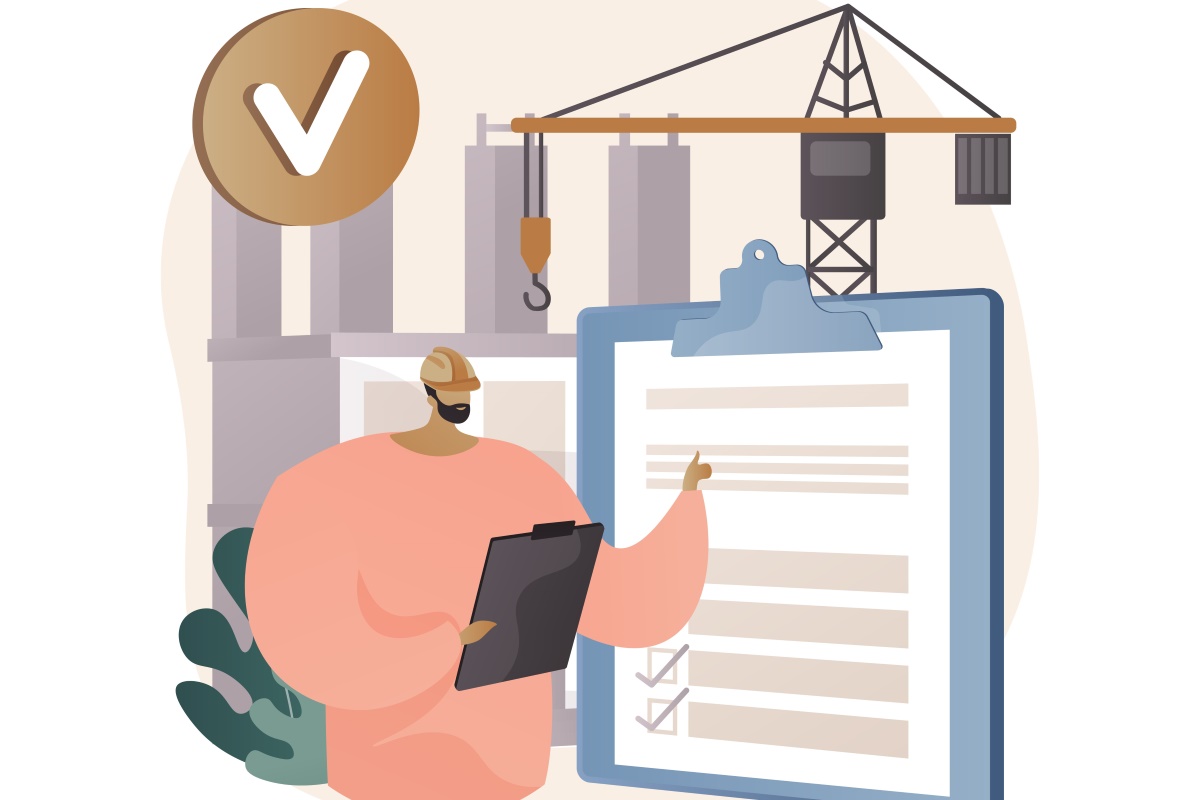
Once you have completed the construction process, you need to close out your project. This means that you need to finalize the work done, the payments made, the documents submitted, and the relationships maintained. Here are some steps to close out your project:
- Inspect and test: You need to inspect and test the work done by your contractor and team to ensure that it meets your expectations and specifications. You should also check for any defects or damages that may need repair or replacement. You should also obtain certificates of completion, occupancy, warranty, and compliance from the contractor and team.
- Settle accounts: You need to settle accounts with your contractor and team by paying any outstanding balances, releasing any retention money or performance bonds, obtaining any lien waivers or releases, and issuing any receipts or acknowledgments. You should also audit your budget and compare it with your actual costs.
- Hand over documents: You need to hand over documents related to your project to the relevant parties, such as the authorities, the banks, the insurers, or the buyers. These documents may include permits, approvals, contracts, invoices, receipts, reports, certificates, warranties, manuals, drawings, plans, etc.
- Evaluate performance: You need to evaluate the performance of your contractor and team by giving them feedback, ratings, reviews, testimonials, referrals, or awards. You should also evaluate your own performance by assessing what went well and what went wrong in your project. You should also identify any lessons learned and best practices for future projects.
- Celebrate success: You need to celebrate the success of your project by thanking your contractor and team for their hard work and cooperation. You should also thank yourself for achieving your goals and fulfilling your dreams. You should also enjoy living in your new house.
Conclusion
Building a new house is a complex and challenging process that requires careful planning, coordination, supervision, and control. It also requires avoiding common pitfalls that can jeopardize your project. By following these tips and best practices, you can coordinate and supervise the construction process of your new house and avoid common pitfalls. You can also ensure a smooth and successful project that meets your goals and requirements.
We hope you found this blog post helpful and informative. If you have any questions or comments, please feel free to leave them below. We would love to hear from you.
Thank you for reading and happy building!
Frequently Asked Questions
Q: What is construction project management?
A: Construction project management involves the planning, coordination, and supervision of construction projects from start to finish. It ensures that the project is completed on time, within budget, and meets the desired quality standards.
Q: What is the role of a construction project manager?
A: A construction project manager is responsible for overseeing and managing all aspects of a construction project. This includes developing project plans, supervising the construction team, monitoring progress, ensuring adherence to schedules and budgets, and resolving any issues that may arise during the project.
Q: How do I initiate a construction project?
A: To initiate a construction project, you need to define the project objectives and requirements, develop a project plan, determine the budget and timeline, and assemble the project team. It is important to conduct a thorough feasibility study before initiating the project to ensure its viability.
Q: What are the stages of construction project management?
A: The stages of construction project management typically include initiation, planning, execution, monitoring and control, and project closure. During the initiation stage, the project objectives are defined and the feasibility of the project is assessed. The planning stage involves developing a detailed project plan, including cost estimates, schedules, and resource allocation. The execution stage is where the actual construction work takes place, and the monitoring and control stage involves monitoring progress, tracking costs, and making necessary adjustments. The project closure stage involves completing all remaining tasks and conducting a post-project review.
Q: What is construction project management software?
A: Construction project management software is a tool that helps construction project managers streamline and automate various tasks and processes involved in project management. It typically includes features such as project planning, scheduling, budgeting, resource allocation, document management, and communication tools.
Q: How does construction project management software benefit construction firms?
A: Construction project management software helps construction firms improve efficiency, productivity, and collaboration in project management. It enables better communication and coordination among project team members, allows for real-time tracking of project progress and costs, enhances resource allocation and scheduling, and improves overall project management and decision-making.
Q: What is a construction plan?
A: A construction plan is a detailed document that outlines the objectives, timeline, scope, and resources required for a construction project. It includes information about the construction methods, materials to be used, cost estimates, and scheduling.
Q: What is construction supervision?
A: Construction supervision involves overseeing and monitoring construction activities to ensure compliance with plans, specifications, and quality standards. It includes tasks such as inspecting workmanship, managing subcontractors, resolving construction issues, and ensuring that the project is progressing according to schedule and budget.
Q: What are the key qualities of an effective construction project manager?
A: An effective construction project manager should have strong leadership and communication skills, good problem-solving and decision-making abilities, and a thorough understanding of construction principles and practices. They should also be well-organized, detail-oriented, and capable of managing multiple tasks and stakeholders simultaneously.
Q: What is the importance of supervision in construction project management?
A: Supervision is crucial in construction project management as it ensures that the construction work is carried out according to the plans, specifications, and quality standards. It helps to identify and address any issues or discrepancies early on, preventing costly rework and delays. Effective supervision also promotes safety and ensures adherence to legal and regulatory requirements.
Q: How can I ensure successful construction project management?
A: Successful construction project management requires effective planning, clear communication, proper resource allocation, regular monitoring and control, and proactive problem-solving. It is essential to have a skilled project team, utilize reliable project management tools and software, and maintain strong relationships with key stakeholders. Regularly reviewing and adapting the project plan and remaining focused on quality and customer satisfaction are also important factors for success.
Transform Your Dream House with the Best Architect
Transform Your Dream House with the Best Architect Company in
Read MoreUnveiling Modern Luxury House Construction Design in Lutyens
Unveiling Modern Luxury House Construction Design in Lutyens Bungalow ZoneIn
Read MoreYour Ultimate Dream Luxury House Construction in Lutyens
Your Ultimate Dream Luxury House Construction in Lutyens Bungalow ZoneImagine
Read More